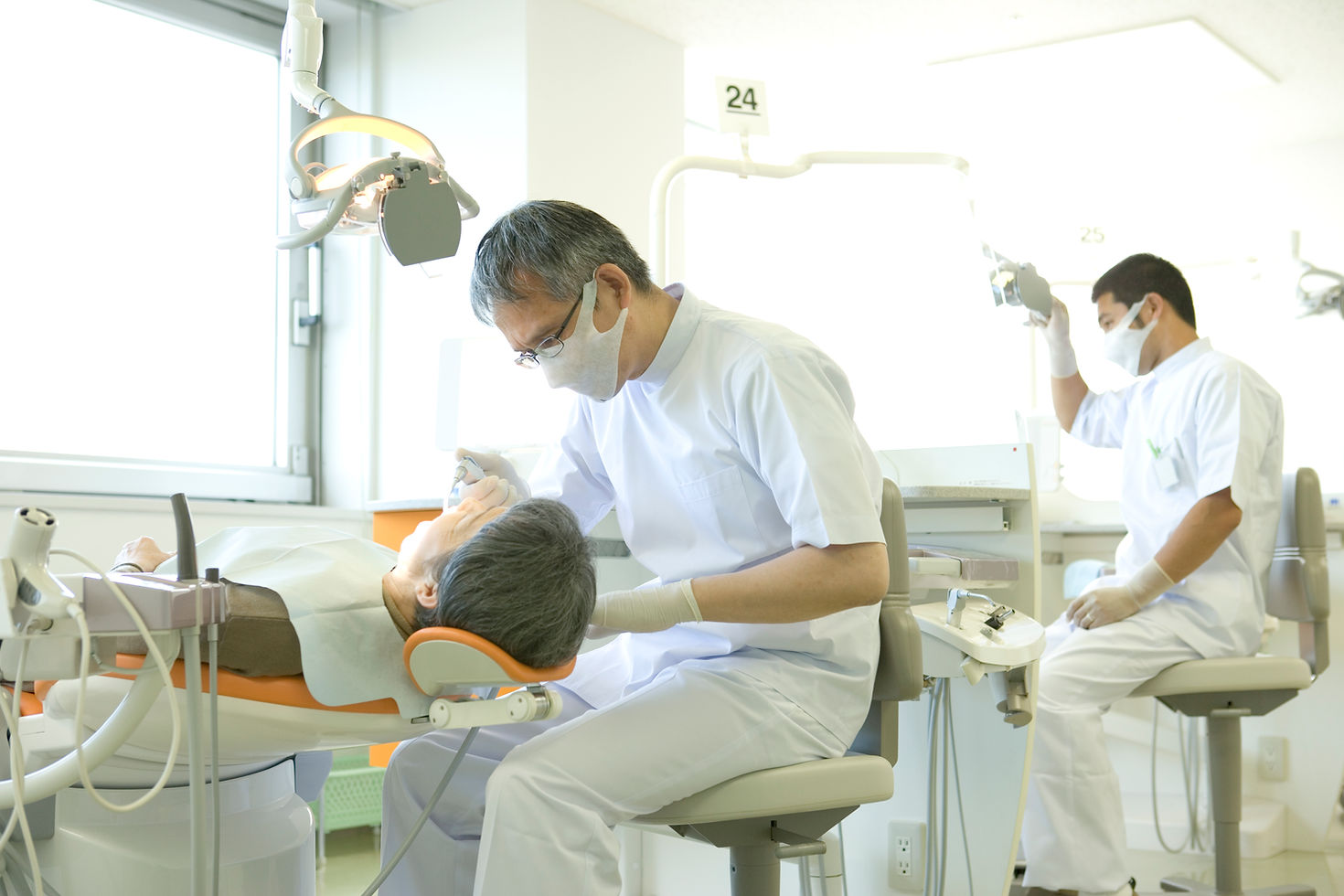
Occupational injuries amongst dentists- and how a physical therapist can help!
- Lory Montealegre Ojeda
- Aug 5, 2024
- 2 min read
Updated: Aug 5, 2024
Dentists often experience occupational injuries due to repetitive motions, awkward postures, and prolonged static positions. These can lead to musculoskeletal disorders, especially in the neck, shoulders, back, and wrists. And being married to one- I see the effects first hand in our daily lives. A physical therapist (PT) can help dentists manage and prevent these injuries in several ways:
Ergonomic Assessment and Education:
PTs can evaluate the dentist's work environment and suggest ergonomic improvements to reduce strain.
They can provide education on proper posture, body mechanics, and workstation adjustments to prevent injuries. Exercise Programs:
PTs can design customized exercise programs to strengthen muscles, improve flexibility, and enhance overall physical conditioning.
These programs target specific areas prone to injury, such as the back, neck, shoulders, and wrists. Manual Therapy:
Physical therapists can use hands-on techniques like soft tissue mobilization and manipulation to relieve pain and improve mobility.
Manual therapy can help alleviate muscle tension and joint stiffness caused by repetitive dental work. Pain Management:
PTs can employ various modalities such as ultrasound, electrical stimulation, heat, cold therapy, and other techniques to manage pain and inflammation.
They can also provide education on pain management strategies that dentists can use during their workday. Posture and Movement Training:
PTs can train dentists in correct posture and movement patterns to reduce the risk of injury.
They can teach dentists how to adjust their movements and positions frequently to avoid prolonged static postures. Work Conditioning and Functional Training:
PTs can develop work conditioning programs that simulate the physical demands of dental work, helping dentists build endurance and strength specific to their job tasks.
Functional training can help dentists perform their tasks more efficiently and with less risk of injury. Education on Self-care and Injury Prevention:
PTs can provide dentists with education on self-care techniques, such as stretching exercises and relaxation techniques, to incorporate into their daily routine.
They can also educate on early signs of musculoskeletal problems and the importance of seeking early intervention.
By addressing these areas, physical therapists can help dentists maintain their physical health, prevent occupational injuries, and improve their overall quality of life.
Stay well and stay active!
Call us for a free consultation. 407-490-3090









Comments